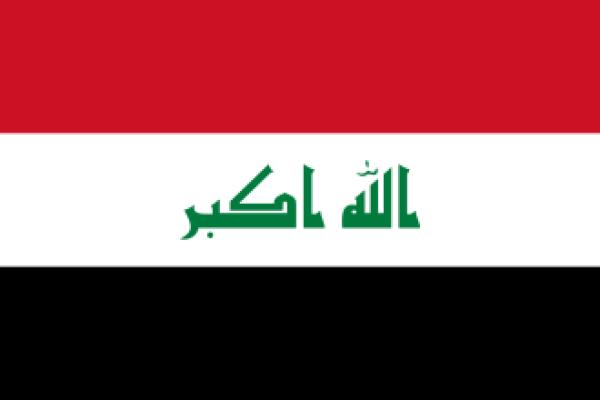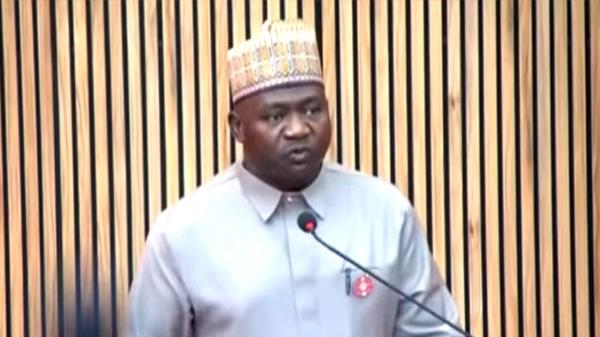
Central Bank of Nigeria (CBN) has re-introduced ‘remote-on-us’ Automatic Teller Machine (ATM) cash withdrawal transactions fee. This implies that any bank customer who uses another bank’s ATM will be charged N65 per transaction from September 1.
In a circular by the CBN on Wednesday, Director, Banking and Payments System Department, Dipo Fatokun, explained that the ATM transaction fee was re-introduced “to cover the remuneration of switches, ATM monitoring and fit-notes processing by acquiring banks”.
The CBN, however, pointed out that “the new charge shall apply as from the 4th ‘remote-on-us’ withdrawal (in a month) by a card holder, thereby making the first three ‘remote-on-us’ transactions free for the card holder, but to be paid by the issuing bank.”
The apex bank further said “all ATM cash withdrawals on the ATM of issuing banks shall be at no cost to the card holder”.
The CBN, in collaboration with the Bankers Committee, had in December 2012 transferred the payment of N100 fee on ‘remote-on-us’ ATM cash withdrawal transactions to issuing banks.
The fee is shared between the acquirers, issuers and switches. As the banks decided to waive the issuer fee, they only bore the cost of N65 each time their customers use another bank’s ATM.
Due to introduction of the cashless policy by the CBN, bank customers were said to have always complained about questionable charges for services, which sometimes are not rendered by their banks.
The Bankers Committee, therefore, took the decision to cancel the N100 charge on customers who use a different bank’s ATM to minimise the financial burden on bank customers and make services more friendly to encourage the financially excluded Nigerians gain more access to banking services.
Meanwhile, Governor of the CBN, Godwin Emefiele, is to launch Outbound Money Transfer Services in partnership with Western Union Money Transfer in Abuja on Friday, the bank has said.
The CBN published a 19-page document as guidelines to regulate international money transfer services in the country recently.
This was part of efforts to ensure that money transfer services companies, agents, banks, and all those engaged in the provision of international money transfer services uphold global standards.
The CBN, in the document, mandated that all outbound international money transfers must, henceforth, be done in naira.
The guideline also pegged outbound money transfer at $2,000 per transaction.
A money transfer service operator is not to “allow or process a transaction that appears to have been deliberately split into small amounts to avoid the reporting requirements under the provisions of the Anti-Money Laundering/ Combating the Financing of Terrorism Act”.
The guidelines read in part: “Allowable limit of the outbound money transfer shall be $2,000 or its equivalent per transaction, subject to periodic review by the CBN.
“All inbound money transfers to Nigeria shall only be disbursed to beneficiaries through bank accounts or mobile money wallets.
“Where the beneficiary does not have a bank account or mobile money wallet, payments shall only be made upon the provision of a satisfactory reference from a current account holder in a bank, confirming that the beneficiary is the bona fide owner of the funds.”
According to the guidelines, the currency to be given to a money transfer agent for an outbound transfer shall be the naira; all outward payment transactions shall be executed in a convertible currency agreed between the parties.
It added: “Where a currency conversion service is offered before initiation of a payment transaction or at the point of payment, the money transfer services operator must disclose all charges, as well as the exchange rate to be used for converting the payment transaction.”
The guideline allows that all in-bound money transfers to Nigeria must only be disbursed to beneficiaries through bank accounts, and where such “does not have a bank account, payments shall only be made upon the provision of a satisfactory reference from a current account holder in a bank, confirming that the beneficiary is the bona fide owner of the funds”.






















